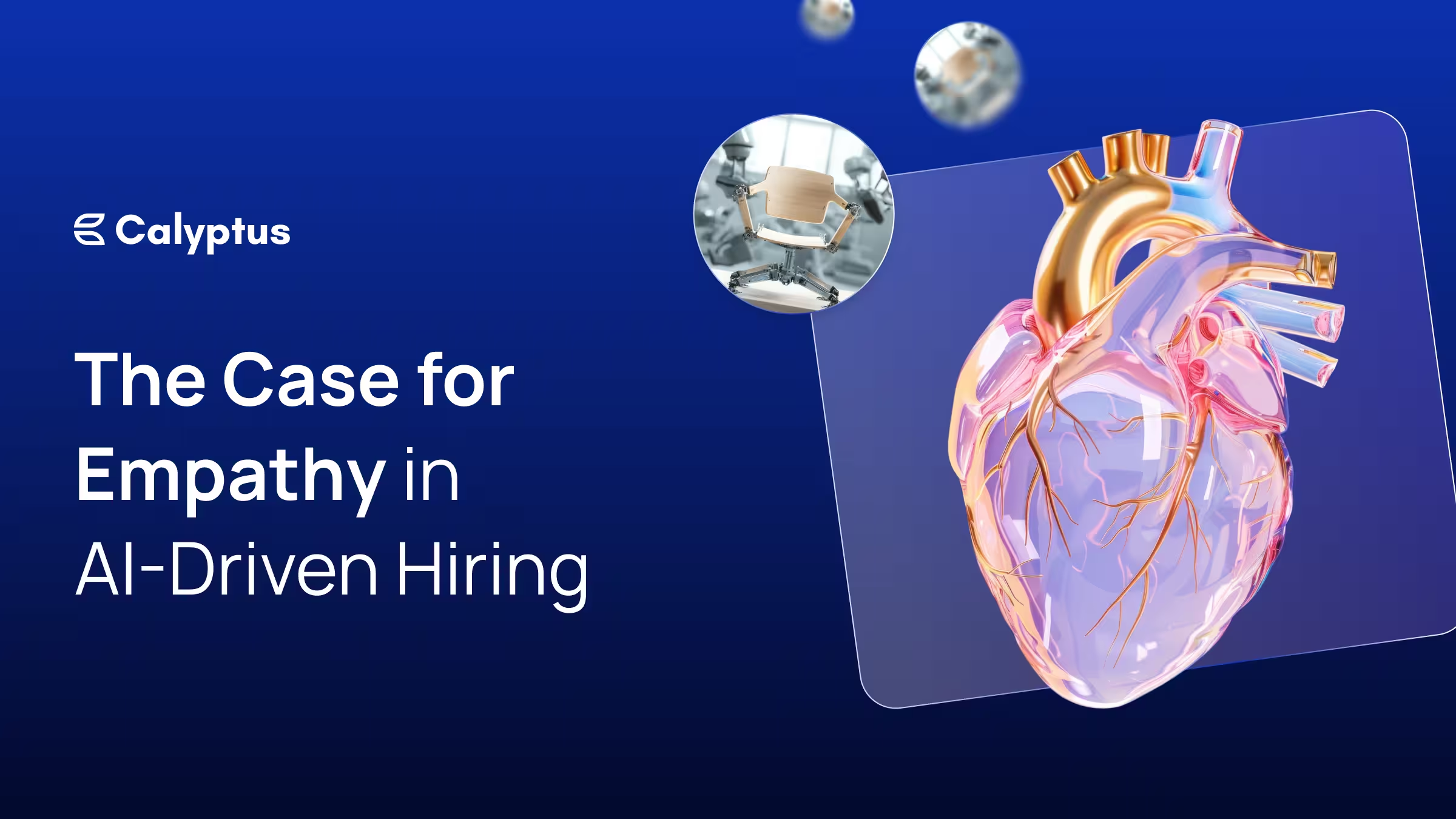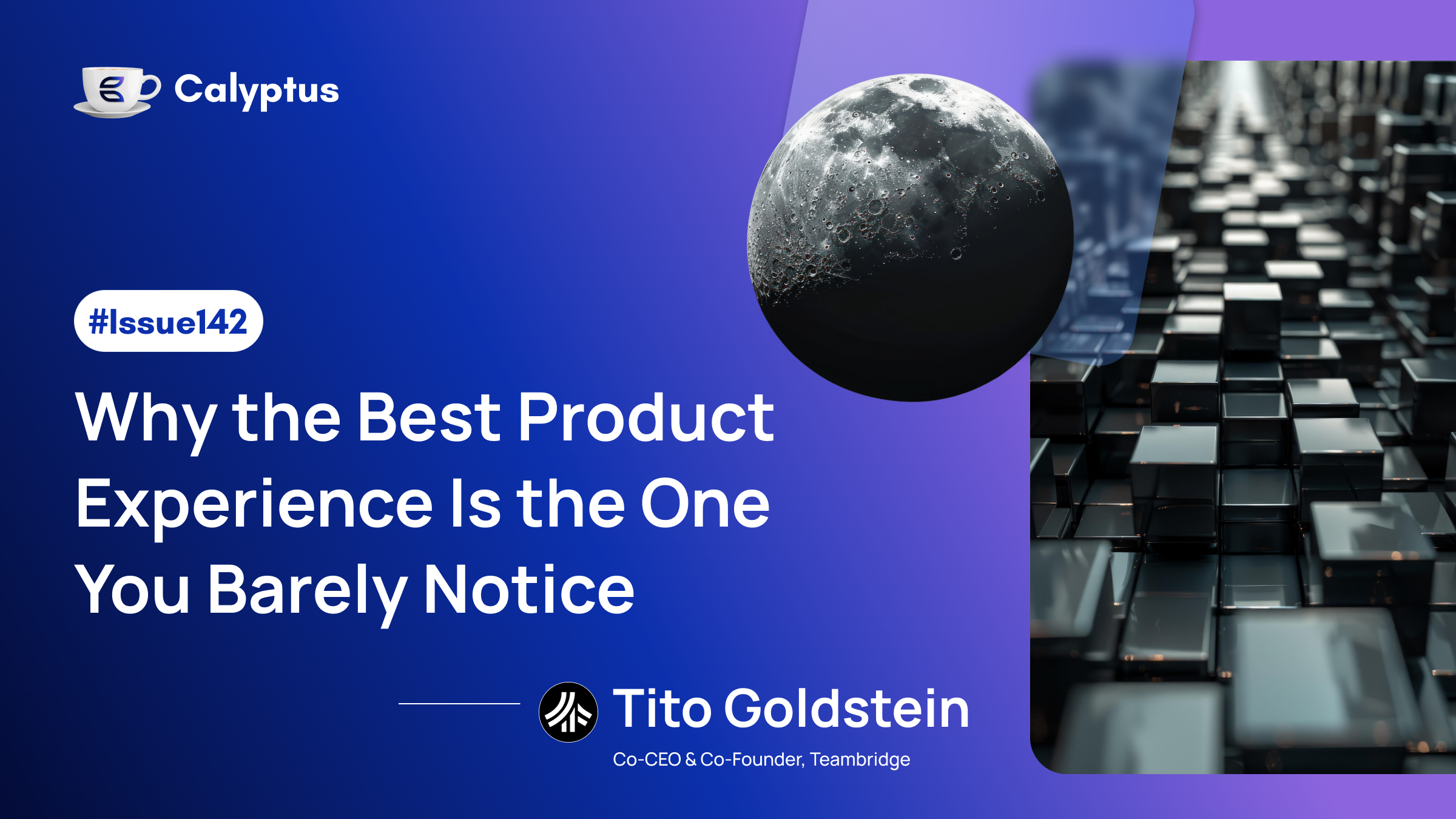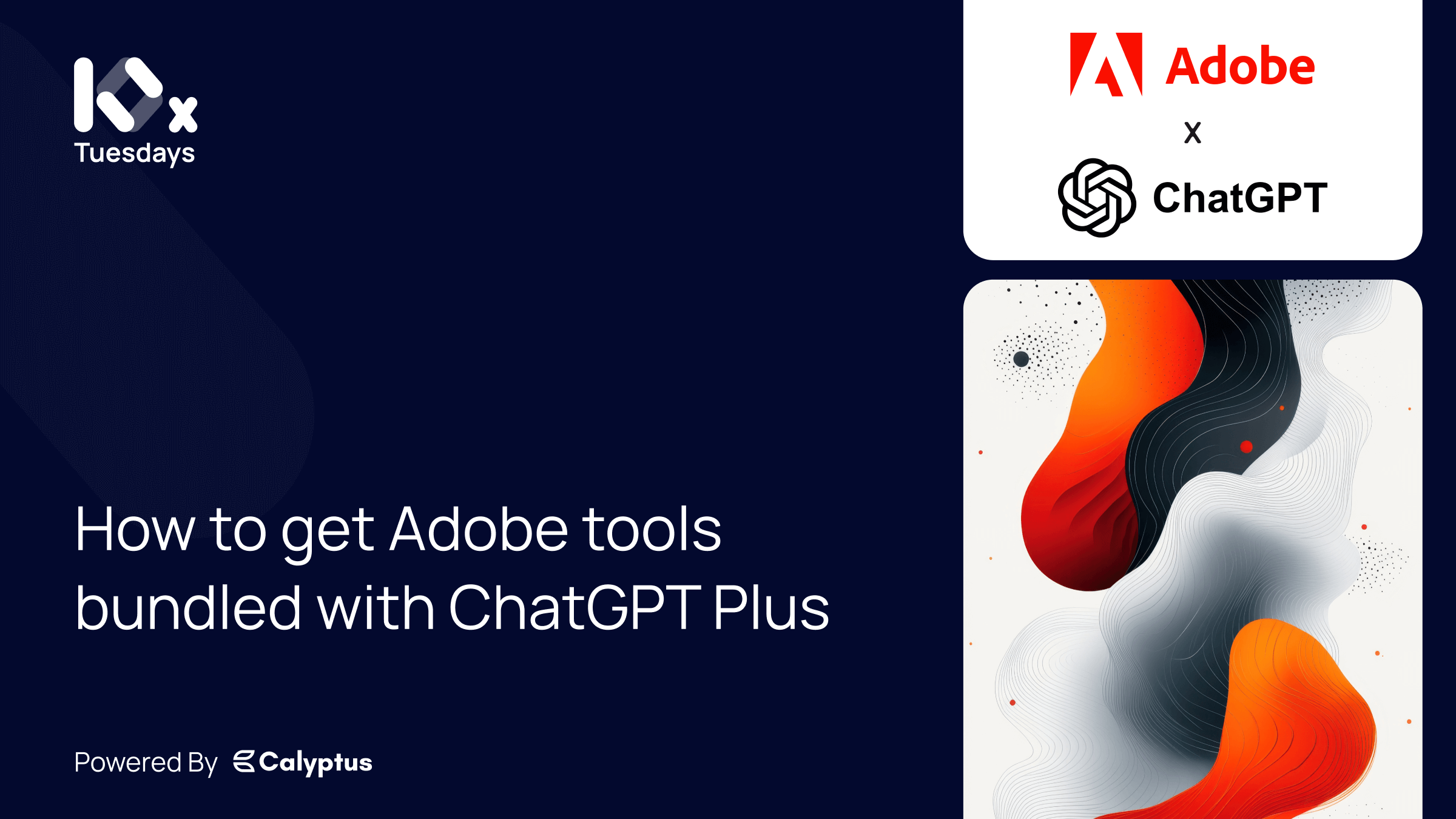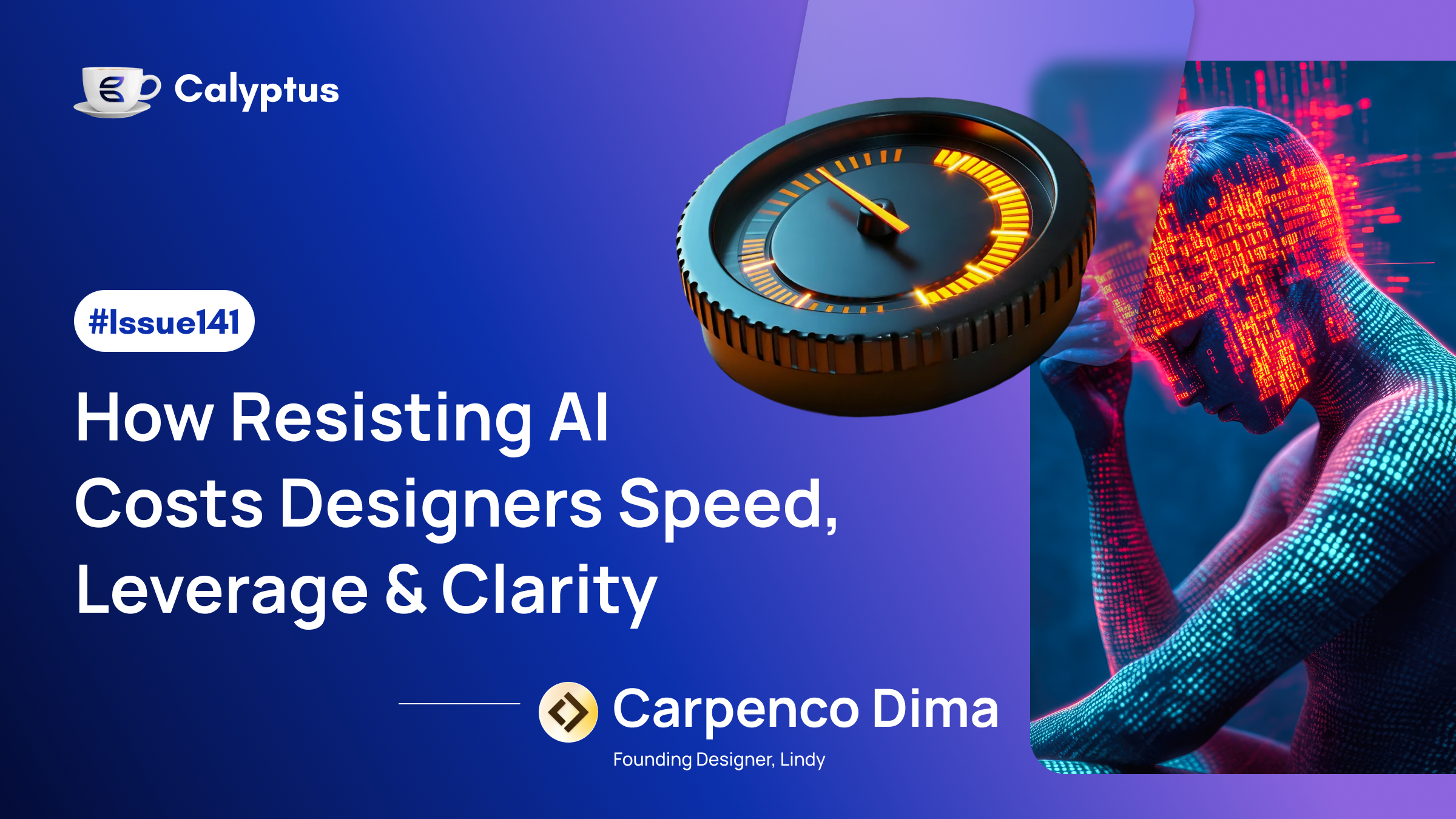AI has rewritten the rules of hiring. It screens faster, scores fairer, and predicts fit better than humans ever could at scale. But in the race to automate, something fundamental is quietly at risk: how it feels to apply, interview, and join. Candidate experience that once-human metric of care, clarity, and connection still determines who wants to work with you, how they perform, and what they tell others about your company.
The paradox of the AI era is that while we’ve optimized for efficiency, we’ve started to neglect empathy. And the companies that remember this balance will win the long game.
Automation Fixes Process, Not Perception
AI can process thousands of CVs in seconds. It can detect skill overlaps, auto-schedule interviews, and even score video responses. But for a candidate, that speed doesn’t always feel like progress. A faster rejection still stings if it’s faceless. A “smart” interview bot still frustrates if it doesn’t explain what it’s evaluating.
Efficiency doesn’t replace experience. In fact, when everyone automates, how you automate becomes your brand. Did the system communicate respectfully? Did the applicant feel informed at every step? Did automation serve the human or the other way around?
When a candidate feels ignored or misled, they rarely stay silent. Poor candidate experiences spread fast. According to LinkedIn’s 2024 Talent Trends Report, 75% of candidates who report a negative experience tell someone about it and one in three share it publicly online. (LinkedIn Talent Blog, 2024)
That doesn’t just harm your reputation; it corrodes the trust your automation was supposed to build.
Why Experience Still Compounds Value
Candidate experience is no longer a soft metric. It’s a compounding asset:
- Employer brand amplification
Every interaction, message tone, response time, feedback quality, feeds your brand narrative. A transparent, humanized AI process signals competence and care. - Referral loop acceleration
Candidates who feel respected, even when rejected, are 80% more likely to refer others. AI can’t generate that kind of goodwill, only empathy can. - Retention forecasting
The same empathy that defines your candidate experience often mirrors your employee experience. When people see consistency between the interview and the workplace, they stay longer.
In short, experience is predictive data not noise. It tells candidates whether the company’s “values” hold up under pressure.
How AI Can Elevate (Not Erode) Experience
AI isn’t the villain. When used wisely, it actually enhances the human touch by eliminating noise, bias, and delay. The trick is to make automation invisible to let it serve clarity and fairness without erasing warmth.
Here’s what that looks like:
- Transparency by design
Tell candidates when and how AI is used. Research by Harvard Business Review found that explaining AI’s role in hiring increases trust and perceived fairness, even among rejected applicants. (Harvard Business Review, 2023) - Personalized communication at scale
Use generative AI to send tailored updates, feedback summaries, or next-step clarifications small touches that show attention. - Bias detection loops
Train your AI systems on diverse data, but also audit them continuously. A single biased model can undermine thousands of candidate experiences in days. - Human escalation paths
Every automated rejection or screening decision should have an optional human review layer. Not because you don’t trust the AI, but because people deserve context when outcomes feel ambiguous. - Post-process care
Offer closure. A short note, a prompt for feedback, or an invitation to stay in your talent pool turns an automated “no” into a relationship.
The Cost of Getting It Wrong
When hiring becomes a cold transaction, candidates notice. They disengage faster, accept other offers sooner, and rarely reapply. Worse, they share those experiences publicly, shaping narratives long after your systems have “moved on.”
And if your AI filters out great people because the prompts were mis-tuned or data was incomplete? You may never even know.
The best recruiters already know this truth: the human memory of an experience lasts longer than the efficiency of a process. AI can optimize the path but humans define the meaning.
The New Hiring Equation
Automation has changed what’s possible, but it hasn’t changed what matters. A fair, respectful, transparent hiring journey isn’t a luxury in the AI era, it’s a differentiator.
The companies that thrive will be those that blend speed with substance: automation that respects attention, scoring that’s explainable, rejections that feel human. Because behind every candidate profile, there’s still a person forming an opinion about your brand.
In the end, AI won’t replace the need for empathy. It will magnify its absence.
Sources
- LinkedIn Talent Blog, 2024 Global Talent Trends — https://www.linkedin.com/business/talent/blog
- Harvard Business Review, How to Make AI Fairer in Hiring — https://hbr.org/2023/07/how-to-make-ai-fairer-in-hiring




